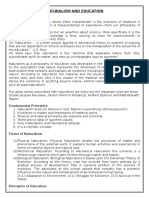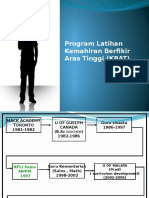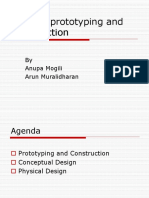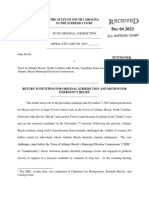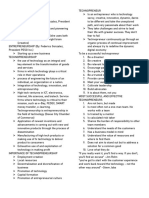0% found this document useful (0 votes)
120 views29 pagesAdvanced Modal Usage with 'Can'
Uploaded by
shopping.profound158Copyright
© © All Rights Reserved
We take content rights seriously. If you suspect this is your content, claim it here.
Available Formats
Download as PDF, TXT or read online on Scribd
0% found this document useful (0 votes)
120 views29 pagesAdvanced Modal Usage with 'Can'
Uploaded by
shopping.profound158Copyright
© © All Rights Reserved
We take content rights seriously. If you suspect this is your content, claim it here.
Available Formats
Download as PDF, TXT or read online on Scribd
/ 29



































































